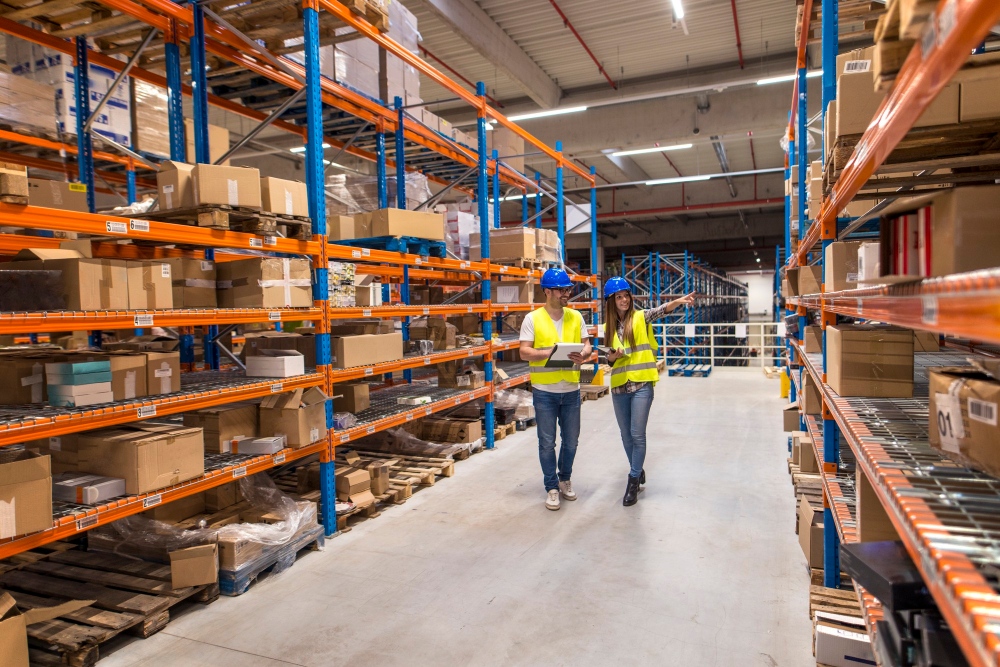It is not incorrect that the success of your e-commerce business is deeply tied to the functionality of your warehouse. Choosing a warehouse to a large extent would determine how well your business turns out especially in terms of logistics. However, we easily fall into some critical snares when making our warehousing decision. Thus, it would be immensely helpful to examine some of those things we do wrong when procuring a warehouse.
Many of us don’t bother to physically check the warehouse first:
Granted, it is impressive the digital transformation our world has faced, so much can be done and sold online. But it could eventually turn regrettable procuring a warehouse say from just what you saw and read about it online. This amount to punishable negligence and possibly gross misplace of trust.
Always take out time to physically investigate the warehouse and see for yourself the brick-and-mortar life situation before getting the warehouse. You should be ensuring first hand that it meets some basic requirements like spaciousness, hygiene, equipment and more crucially the security.
A visitation to the facility gives you an encompassing knowledge of how the facility runs on the ground. It would give you a more accurate perspective or judgment of how the employees are their capacity, reliability and all that.
Some of us make the mistake of owning a warehouse that doesn’t match our needs:
Keep in mind that you are not necessarily getting that website just because it is the prevailing trend. Rather, you are basically getting that website because you crucially need it. Therefore it is utterly paramount that the warehouse precisely matches your needs.
You should be asking yourself what sort of fulfillment you would be delivering and what kind of facilities will best get the job done. You should not forget that a B2C warehouse wouldn’t capably handle the needs of a B2B warehouse. Therefore when making your warehousing decision, ensure that the execution, the volume, the operation process of the warehouse are all compatible with your business needs.
The location is fundamental:
When making your choice of warehousing, the location should be one of the first criteria that come to mind. It would be a terrible mistake to choose the wrong location for your warehousing. This majorly plays out in your logistics needs. How close is the warehouse to your customers? How about its proximity to your manufacturers or suppliers? You must find the ideal location that balances your logistic needs at minimal cost and time. This is crucial to the success of your business.
Many of us end up paying too much:
This is a common predicament we all battle, overinflated warehousing fees. From your cost of initial set up, storage cost, picking and packing cost all the way to your inbound handling cost, you must make sure that you are paying for top value and every dollar you spend is well served.
In some cases, we get overcharged storage fees; this is even more devastating when we hold on to excess inventory which we are terribly struggling to sell. So it is good to clearly identify what we are paying for and have a precise documentation in place. If you have your own insurance policy, it would help you spend less though.
Knowing some of these things you shouldn’t be doing with your warehousing puts you in a better position to make more accurate and efficient decisions. This would save you avoidable cost and mishaps on the long run.
Read Also:






















